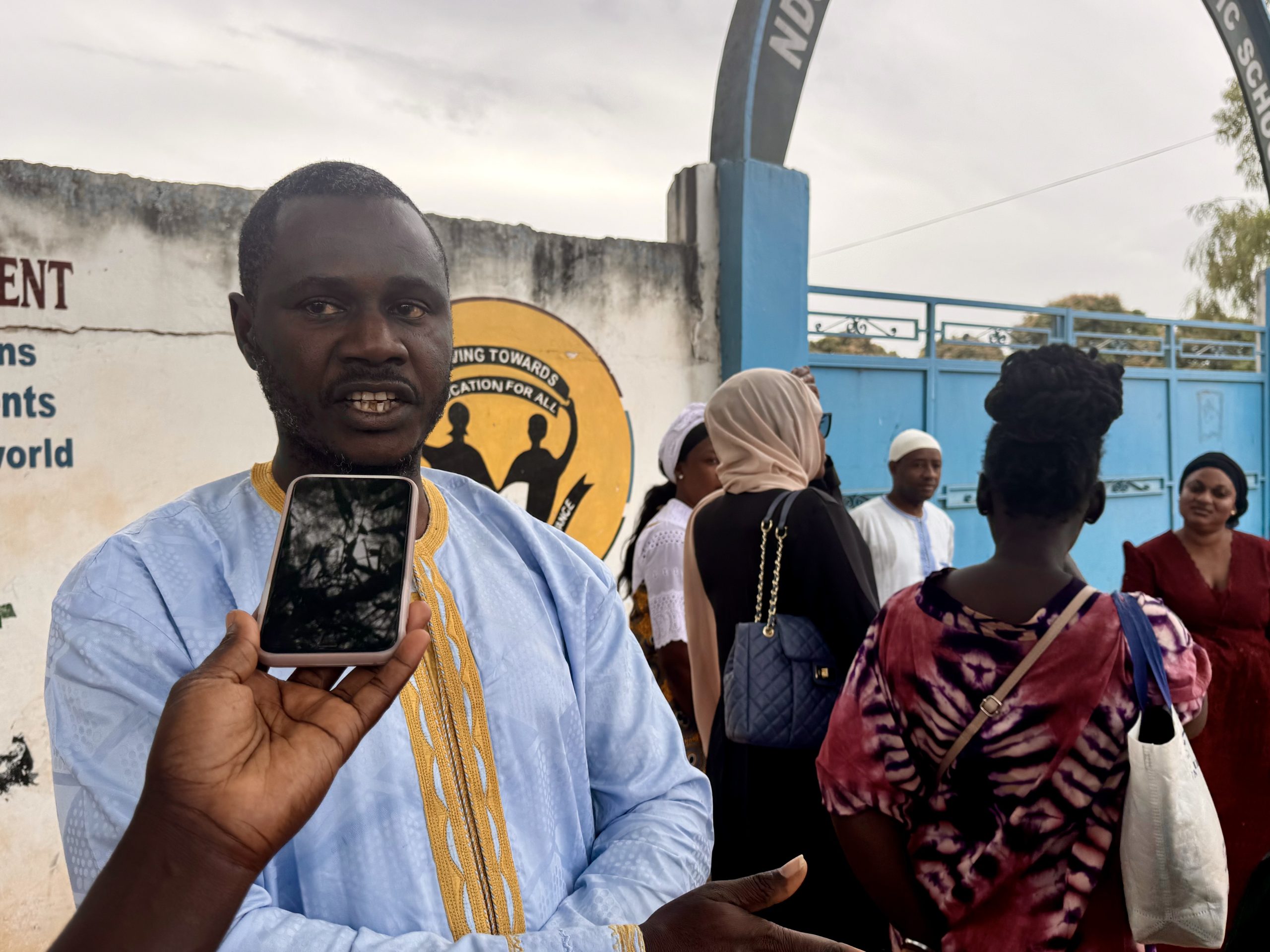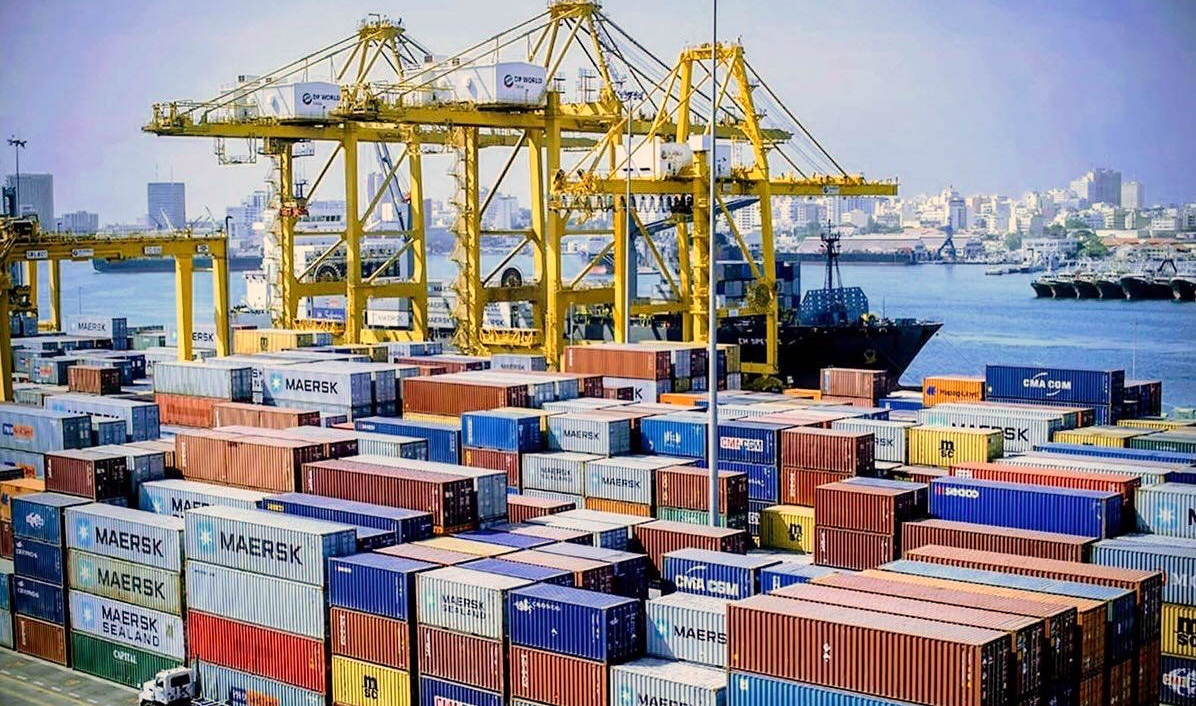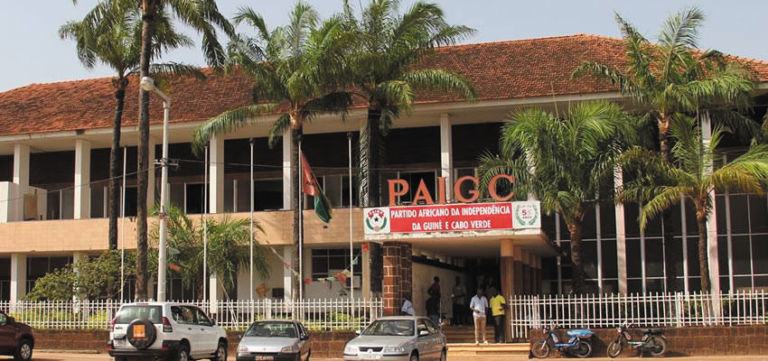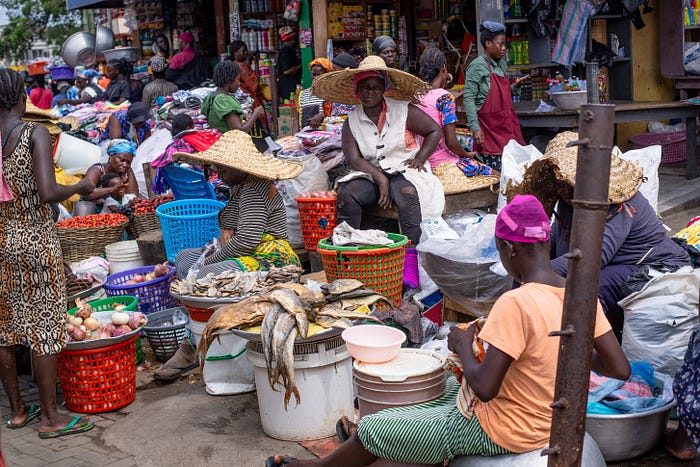Gambiaj.com – (BANJUL, The Gambia) – Artificial Intelligence (AI) has emerged in the past few years as leading technology with enormous potential to contribute to improving lives, despite the attendant challenges and risks.
In this, Africa is no exception and expectations are very high that AI can have significant impacts on Africa’s development.
AI is thus expected to foster industrialization in Africa, increase acccess to jobs, improve government services, as well as health and education, and increase resilience to climate change, and impact both the formal and informal sectors of the economy in Africa.
The informal economy has been defined by the International Labor Organization (ILO) of the UN as referring to all economic activities (by economic units and workers) that are inadequately, or not supported by formal arrangements or provisions.
Essentially, the informal sector consists of workers, activities and firms which operate outside regulatory and legal frameworks, and thus avoid taxes and regulation, without benefiting from state services and protection.
The informal economy is estimated to affect the livelihoods of over two billion people globally, especially in the African, Caribbean, and Pacific (ACP) countries, where it employs 80% of workers.
The sector is characterized by self-employed entrepreneurs, part-time or seasonal workers, and unpaid family workers who have low incomes and productivity. Participants in this sector are, even in the best of times, vulnerable, face high occupational risks, and lack social benefits (e.g. pensions, and health care).
The informal sector is strong in many ACP countries because of its low barriers to entry (including limited capital and education requirements).
It is also a major source of employment and income and provider of goods and services to poor households. The low barriers to entry means that significant proportions (48.6% for Sub-Saharan Africa [SSA], and 61.4% in West Africa) of people in the informal economy have no formal education in 2019.
The importance of the informal economy in Africa is manifested in various ways, including the fact that it generates an estimated 40% of the GDP of Sub-Saharan Africa (SSA), and as much as 60% of the GDP of some West African countries.
The informal economy also accounted for 85% of employment (383.4 million) in SSA in 2022, and in 2015 employed 80% of youths on the continent. In addition, the informal sector is a very important source of employment for women in SSA, accounting for 74% of non-agricultural women’s employment, compared to 61% for men.
Beyond the numbers, the informal economy is important in Africa because it provides livelihoods where opportunities in the formal sector are limited. Furthermore, the sector includes a diverse activities ranging from street vending of food and other items, to providing transportation and repair services, thus contributing to the economic survival and food security of millions of families in Africa.
Dr. Katim Seringe Touray










